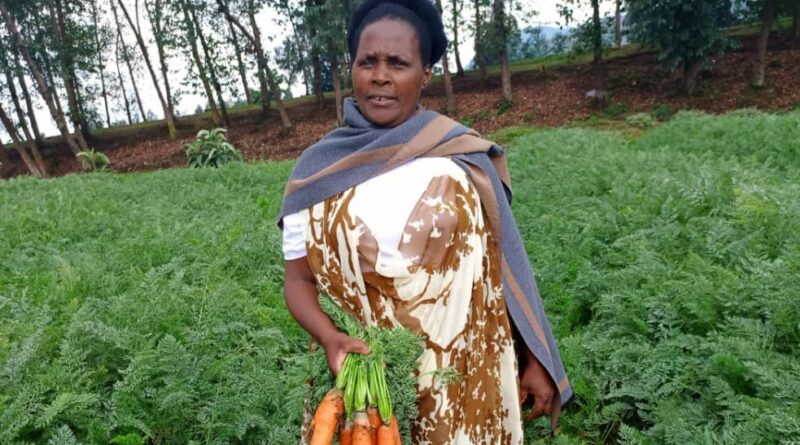Agroecology enables Rubavu farmers to boost yields during dry season
Farmers practicing vegetable and fruit farming in Rubavu District are pleased that learning how to farm using Agroecology techniques enables them to increase yields even during the dry season.
Traditionally, farmers in Rwanda cultivated from September to June, with the dry season halting farming activities due to the lack of rain, forcing farmers to stop their work.
However, as the population grows, new techniques are being discovered that allow farmers to utilize the land even during the dry season and find ways to sustain themselves.
In this context, vegetable and fruit farmers in Rubavu District say that learning how to use manure has enabled them to farm during the dry season and still achieve good harvests.
Byukusenge Zainabo, who farms on half a hectare in Nyakiriba sector, says using organic manure has increased her yields and provided a long-lasting harvest without harmful effects on consumers.
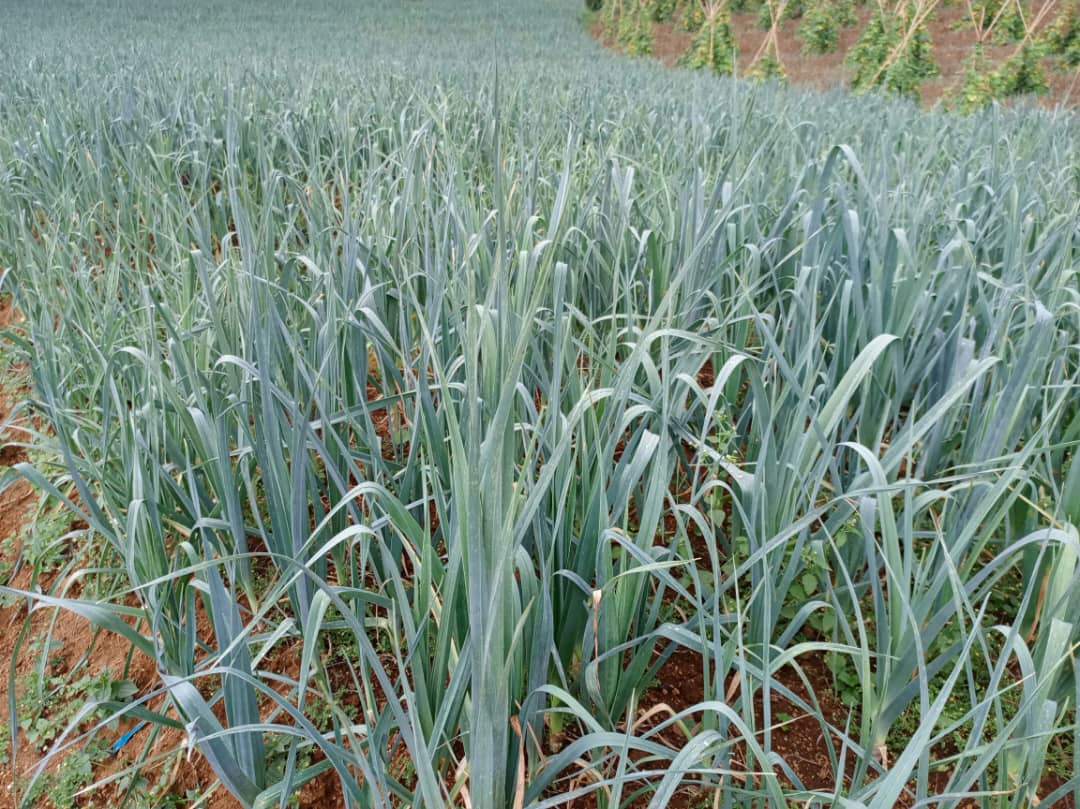
She says, “I used to only farm during the rainy season, and the land would rest during the dry season because we couldn’t access water for irrigation. But now, we gained to utilize the land during the dry season, enabling us to cope with climate changes. I’m about to harvest cabbages and onions that were planted in June, thanks to the knowledge I gained.”
Farmers were trained on making organic manure, which they apply during the dry season, helping their crops withstand the harsh weather conditions.
“This method allows us to use manure, giving our fields the ability to resist drought. When it rains, the manure helps retain water in the soil. Additionally, we’ve reduced the use of chemical fertilizers, preventing damage to our fields,” she adds.
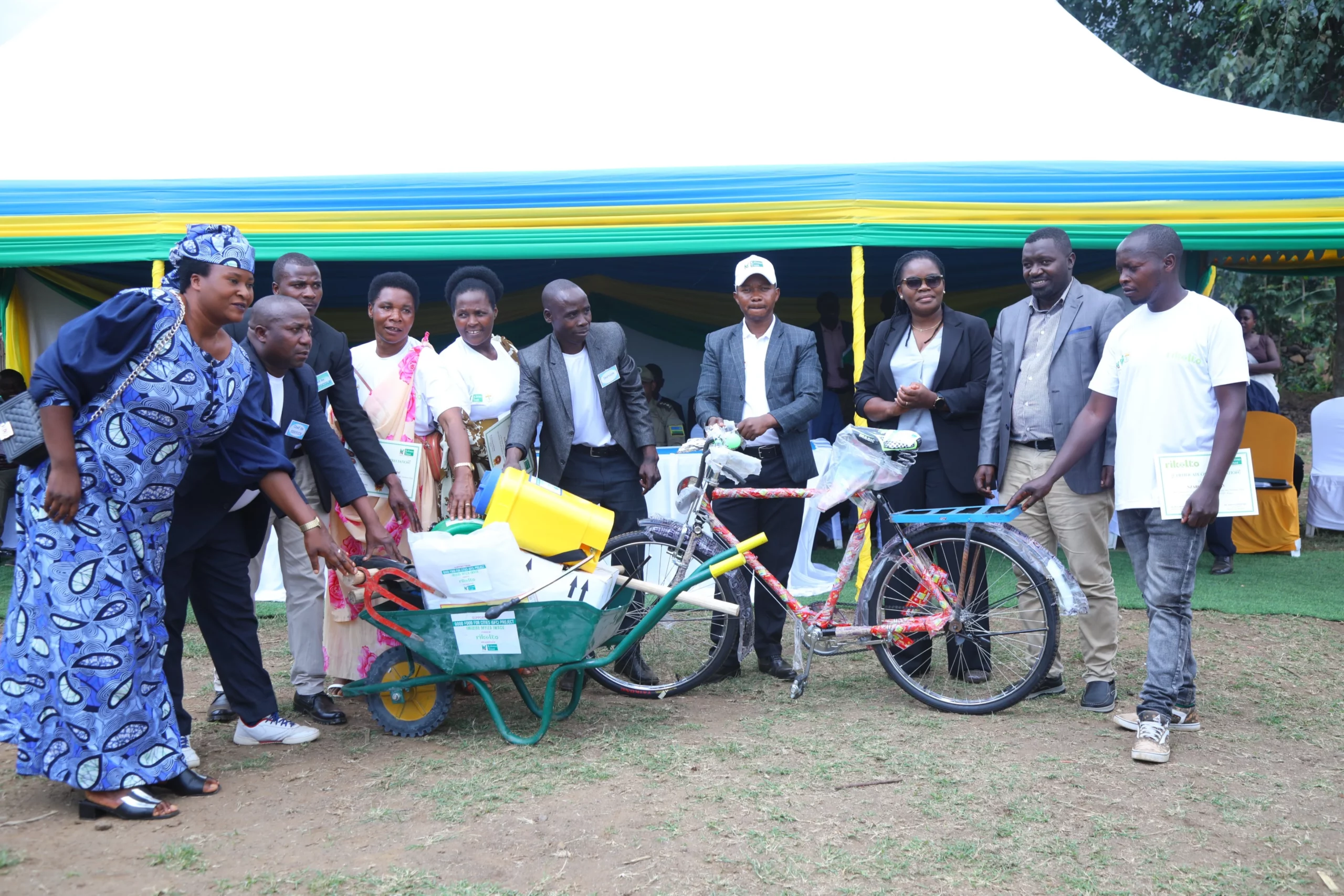
Rubavu District farmers say that the v
olcanic soil requires organic manure, as excessive use of chemical fertilizers damages the soil. “Using manure not only improves soil quality but also yields better harvests.”
Jean d’Amour Habumugisha, head of a vegetable farming cooperative, says they have developed efficient farming practices, reducing losses from spoiled harvests due to lack of market access.
Vegetables such as cabbage, onions, garlic, and carrots are now being grown in Nyakiriba Sector, even during the dry season, when farming would have normally ceased due to the lack of rain.
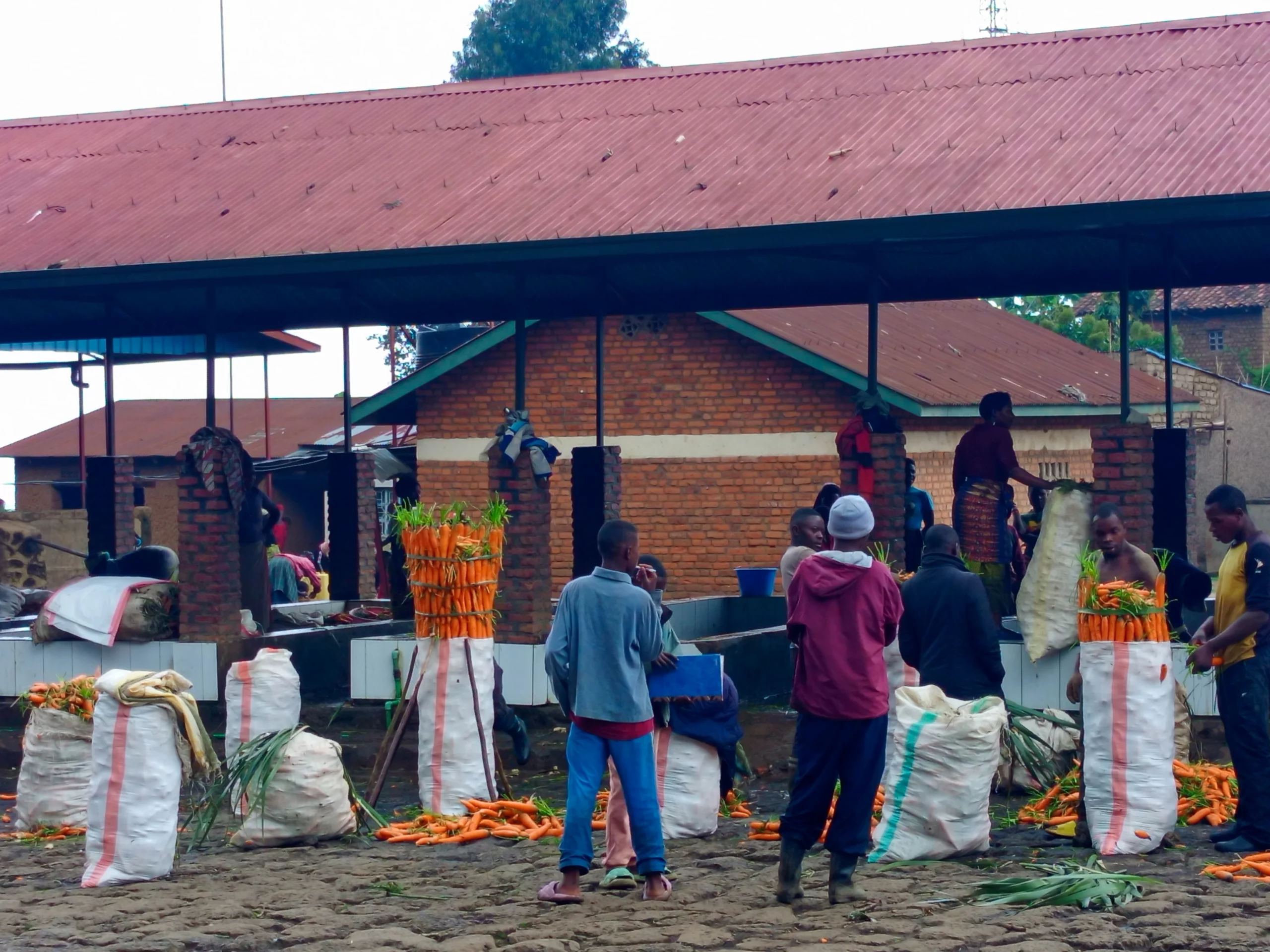
Rubavu District’s volcanic soil lacks natural water sources for irrigation, but using organic manure helps farmers cope with the dry season.
Andrew Gashayija, Director of Kilimo Trust Rwanda, says they’ve supported about 2,600 farmers in preserving soil quality and protecting the environment while increasing their yields.
“We are rewarding farmers who have excelled in land conservation, helping Rwandans fight malnutrition and protect their land,” he says.
He adds, “The farming techniques we’re teaching today are environmentally friendly, resilient to climate change, and help farmers achieve substantial yields. This ensures that land is used effectively for both current and future farmers.”
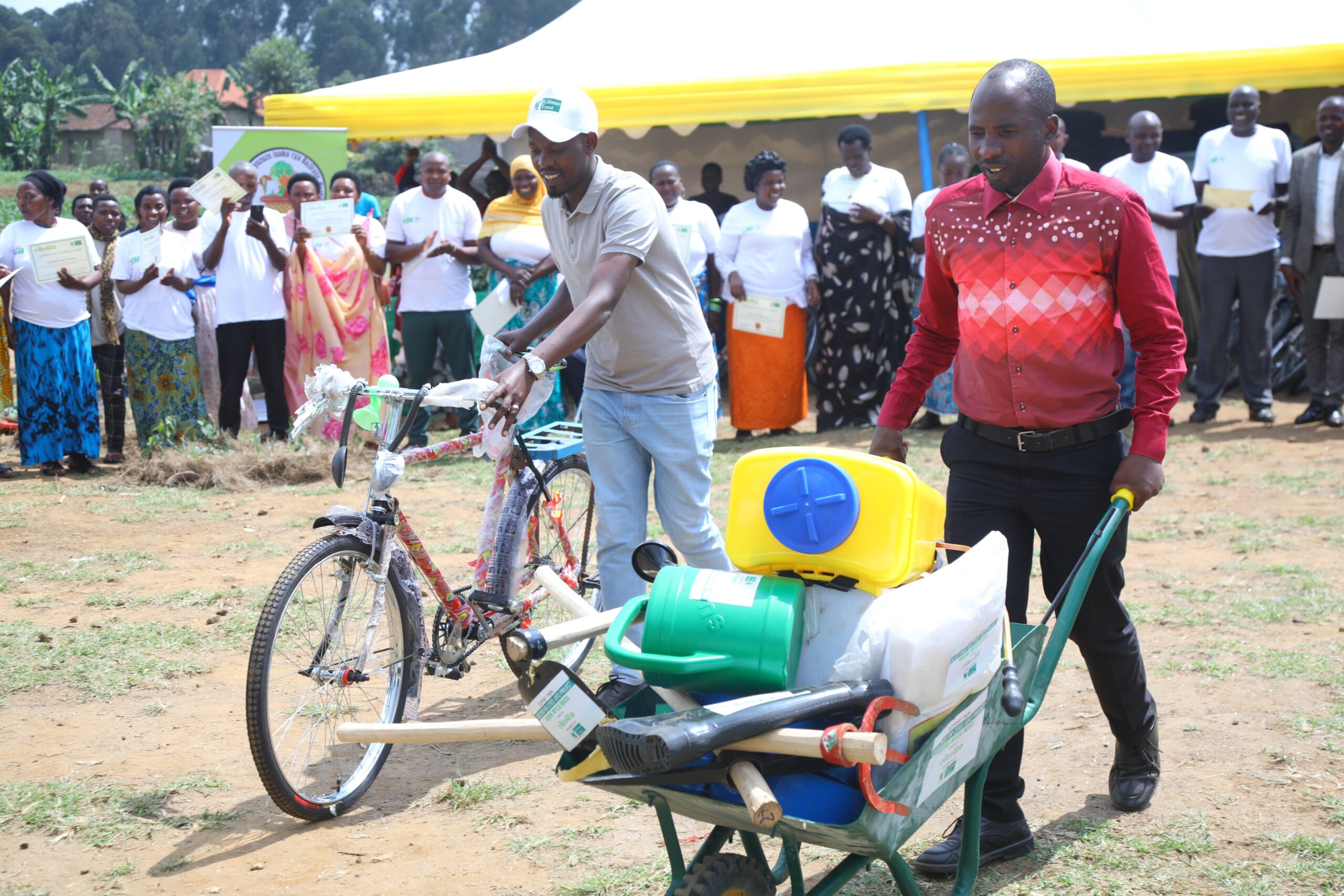
In Rubavu District, more than 2,600 farmers have been supported in sustainable farming, and those who excelled were recognized for making organic manure and preserving their harvests for longer periods.
Gashayija noted that 60 top-performing farmers were awarded farming tools worth 30 million Rwandan francs.

